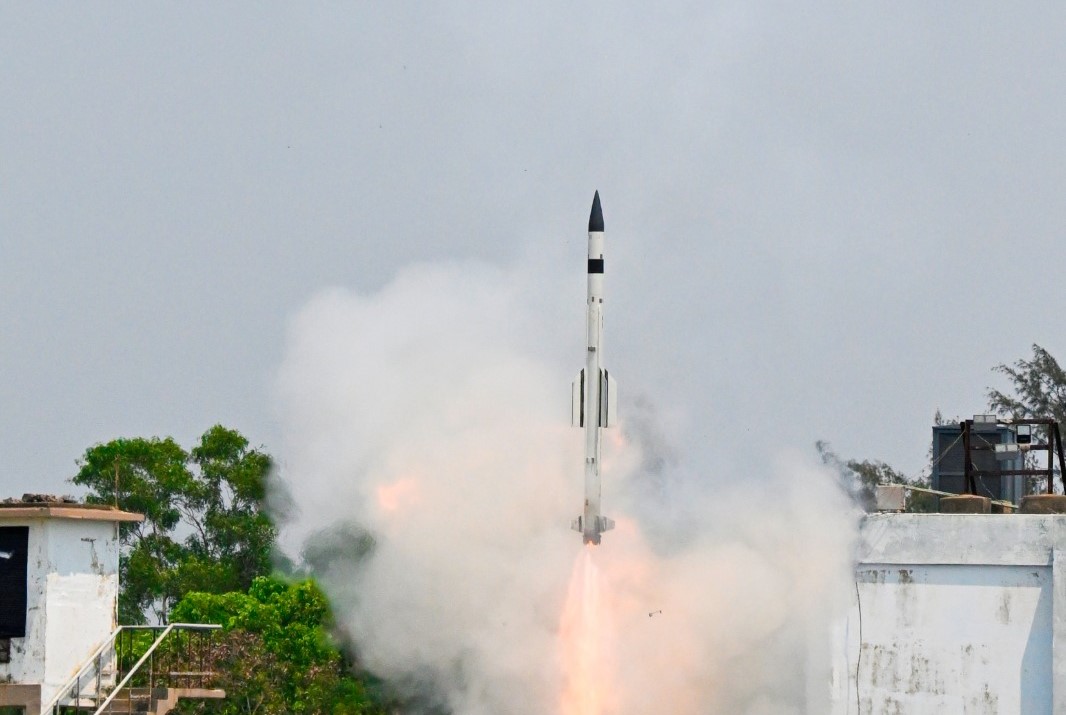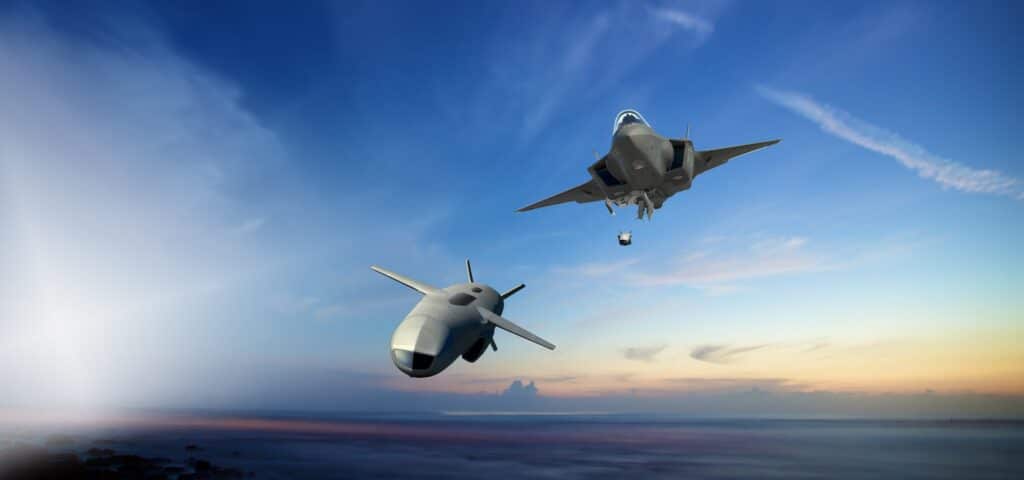India’s Defence Research & Development Organisation (DRDO) and the Indian Navy have conducted the flight test of the Vertically-Launched Short-Range Surface-to-Air Missile (VLSRSAM) from the Integrated Test Range (ITR) in Chandipur, off the coast of Odisha, at approximately 1200 hours on March 26, 2025.
Table of Contents
ToggleTest Highlights and Performance
The flight test involved the launch of the VLSRSAM from a land-based vertical launcher against a high-speed aerial target at a very close range and low altitude, successfully demonstrating the missile’s Near-Boundary-Low Altitude capability. The missile intercepted and destroyed the target with precision, showcasing its high agility, reliability, and accuracy.
The test was conducted with the missile system deployed in a combat-ready configuration, incorporating key components such as an indigenous Radio Frequency seeker, a Multi-Function Radar, and a Weapon Control System. The missile executed the high turn rate necessary for engaging close-range targets, reinforcing its operational effectiveness. Performance data was validated through flight data captured by range instruments developed by ITR Chandipur.
Overview of the VLSRSAM
The VLSRSAM is a state-of-the-art short-range surface-to-air missile designed to intercept and neutralize aerial threats, including enemy aircraft, helicopters, and unmanned aerial vehicles (UAVs). It is equipped with advanced guidance and control systems, enabling it to engage targets with high precision even in complex operational scenarios.
Developed by DRDO to meet the specific defense needs of the Indian Navy, the VLSRSAM is integrated with a vertical launch system, which allows for quick response and multi-target engagement capability. Its compact design and vertical launch capability make it suitable for deployment on naval platforms, enhancing the Indian Navy’s layered air defense system.
Strategic Significance and Future Prospects
The successful test of the VLSRSAM underscores India’s growing self-reliance in developing cutting-edge defense technologies. The missile’s successful performance in near-boundary and low-altitude scenarios strengthens the Indian Navy’s air defense capabilities, particularly for protecting naval assets and infrastructure in high-threat environments.
Going forward, the VLSRSAM is expected to be deployed on frontline warships and integrated into the Indian Navy’s broader defense architecture. Its advanced design and high-performance capability make it a crucial component in India’s maritime security strategy, enhancing the Navy’s ability to counter evolving aerial threats in the Indo-Pacific region and beyond.












